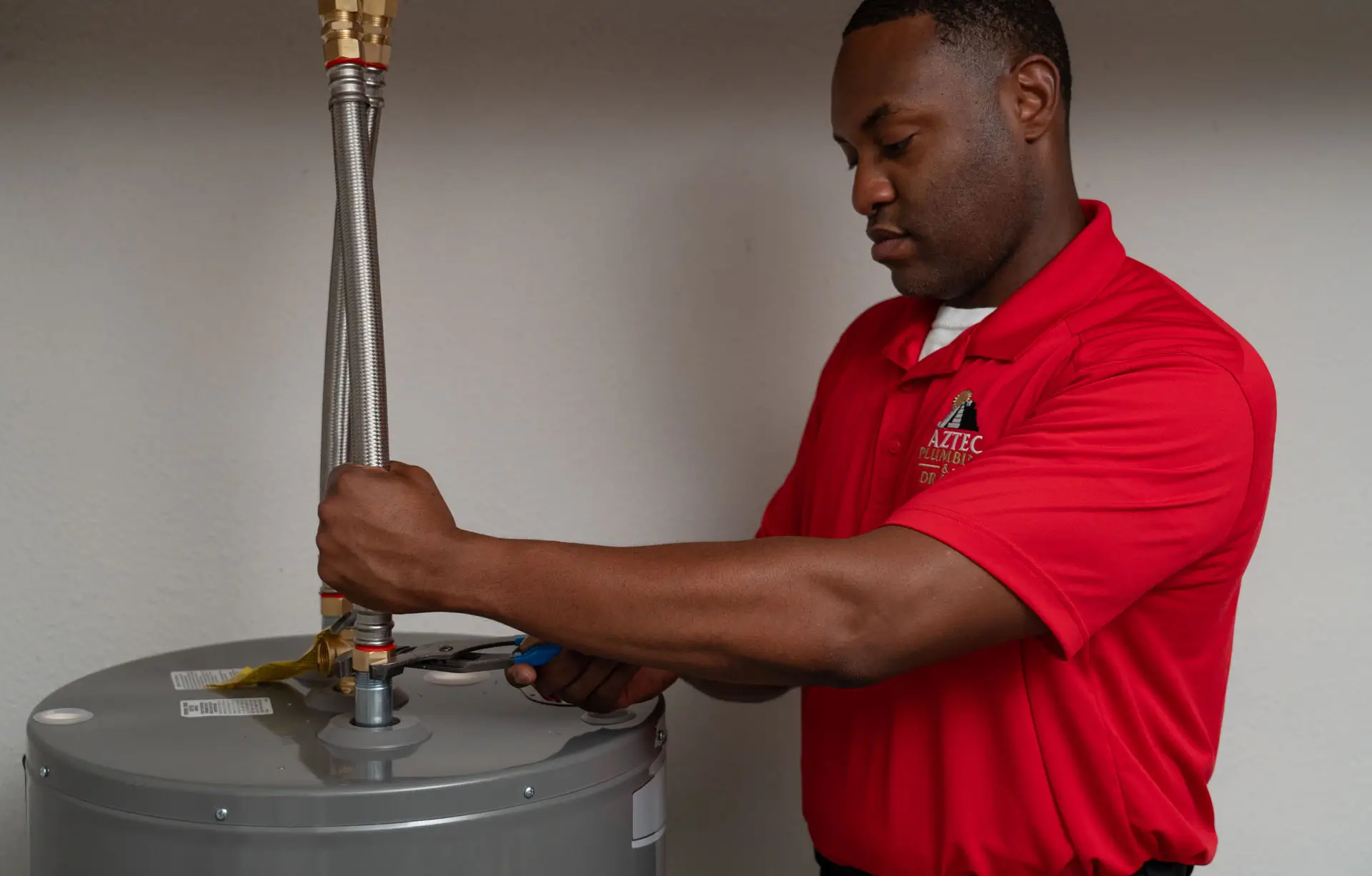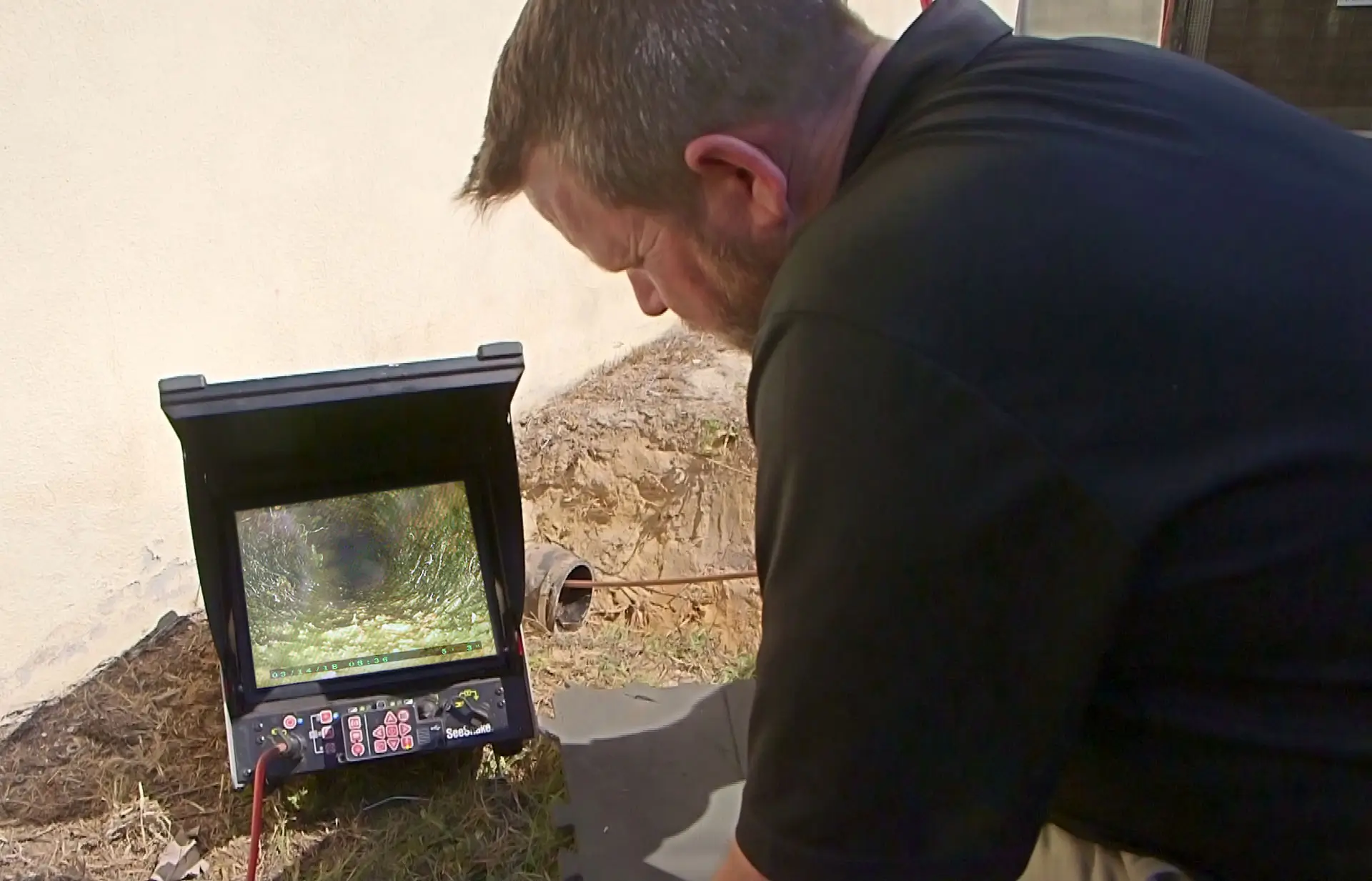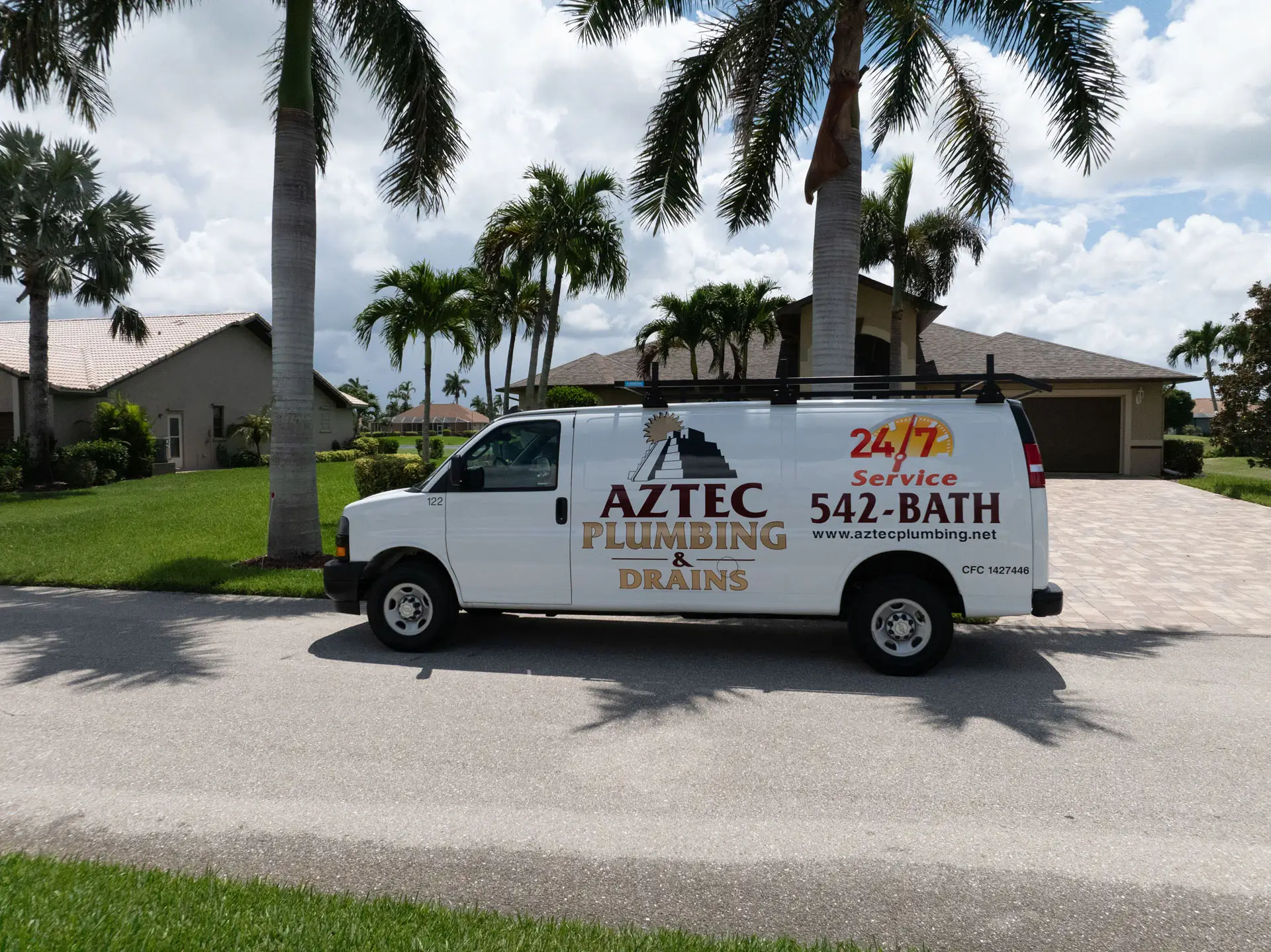A malfunctioning water heater burner can lead to inconsistent water temperatures, higher energy bills, and even safety risks. Whether it’s a pilot light failure, gas supply problem, or ignition malfunction, diagnosing the issue quickly can prevent further complications.
At Aztec Plumbing, we specialize in water heater diagnostics and repairs, helping Fort Myers homeowners resolve common burner issues caused by humidity, gas flow interruptions, and mineral buildup. Understanding the warning signs and acting early can keep your water heater running efficiently and extend its lifespan.
Common Signs of Water Heater Burner Malfunctions
Several warning signs indicate a burner problem that needs attention:
- Flickering or yellow flames instead of a steady blue flame suggest improper combustion.
- Unusual hissing or popping noises may indicate gas flow issues or sediment buildup.
- Inconsistent hot water or sudden temperature drops often result from an irregular burner function.
- Soot buildup around the burner can signal incomplete combustion or ventilation issues.
- Frequent burner shutdowns or failure to ignite could mean a gas supply or ignition control issue.
Pilot Light Failures: Causes and Solutions
A pilot light that won’t stay lit is one of the most common water heater burner problems. This issue can stem from a worn-out thermocouple that shuts off the gas supply, preventing the pilot light from staying lit. Gas supply interruptions, such as drafts, debris, or low gas pressure, can cause an unstable flame. Blockages in the pilot orifice from dirt and dust buildup can restrict gas flow.
Troubleshooting tip: Try relighting the pilot light following manufacturer instructions. If it won’t stay lit, test the thermocouple by holding the pilot knob down for 30 to 60 seconds. If the flame goes out when released, the thermocouple may need replacement.
Burner Ignition Problems: Electrical and Gas-Related Culprits
If the burner won’t ignite, the issue may be gas or electrical in nature. Faulty gas valves can restrict fuel flow, preventing ignition. Blocked gas lines caused by dirt or moisture can disrupt operation. Wiring issues or ignition control failures can impact electronic ignition models. Frequent power outages can cause electronic ignition systems to reset or fail.
If the issue persists, gas water heater troubleshooting should include checking gas pressure levels and ensuring proper electrical connections to the igniter.
Gas Supply Interruptions and Environmental Influences
Certain environmental factors can affect burner performance. Altitude changes can impact the air-to-gas ratio, requiring adjustments. Humidity-related condensation can cause gas line corrosion or pilot instability. Gas pressure fluctuations from municipal supply issues can lead to burner inconsistencies.
For accurate diagnosis, a manometer test can measure gas pressure and identify potential supply issues.
Thermocouple Malfunctions and Replacement Considerations
A failing thermocouple is one of the most common causes of burner issues. Symptoms include a pilot light that won’t stay lit even after relighting and a gas supply that is active, but the burner doesn’t ignite.
When replacing a thermocouple, consider OEM versus aftermarket parts since manufacturer-approved thermocouples ensure proper compatibility. The installation process involves turning off the gas, removing the faulty thermocouple, installing a new one, and testing the flame stability.
Blockages: Burner, Ventilation, and Flame Arrestor Issues
Blockages can disrupt the burner’s function and cause safety hazards. Debris or corrosion in burner ports can restrict gas flow. Ventilation issues can lead to excess carbon monoxide buildup. Flame arrestor blockages from lint or dust can trigger automatic shutoffs.
Regular cleaning of burner assemblies, vents, and air intake screens prevents these issues.
Maintenance Procedures to Prevent Burner Failures
Routine maintenance can help homeowners avoid costly repairs and extend the lifespan of their water heater. Key maintenance steps include annual burner inspections to check for misalignment, corrosion, or wear, cleaning the pilot assembly and nozzles to ensure unobstructed gas flow, checking air intake screens and flue pathways to prevent ventilation issues, and testing gas connections to ensure safe operation.
DIY Repairs vs. Professional Intervention
Some burner issues can be resolved at home, while others require a licensed professional.
DIY troubleshooting:
- Relighting a pilot light
- Cleaning minor burner blockages
- Resetting an electronic ignition system
Call a professional for:
- Gas leaks or suspected valve failures
- Persistent ignition or burner flame issues
- Electrical malfunctions in ignition control systems
- Any repair that may void manufacturer warranties or violate building codes
- Safety is critical. Using carbon monoxide detectors near gas appliances adds an extra layer of protection.
FAQs About Water Heater Burner Issues
Why is my water heater burner producing yellow flames?
A dirty burner or improper air-to-gas ratio can cause incomplete combustion.
Can a faulty thermocouple prevent my water heater from working?
Yes, a failing thermocouple can shut off the gas supply, preventing burner operation.
How often should I clean my burner assembly?
At least once a year to remove soot buildup and improve efficiency.
What causes a burner to make popping noises?
Sediment buildup in the tank can overheat water, causing aggressive boiling.
Can I replace my water heater burner myself?
For safety reasons, it’s best to have a professional handle burner replacement.
If your water heater burner isn’t working properly, don’t wait for the problem to escalate. Whether it’s an ignition failure, gas supply issue, or thermocouple malfunction, Aztec Plumbing’s experienced team is ready to help.
Call Aztec Plumbing today to schedule a burner inspection and restore reliable hot water to your home.










